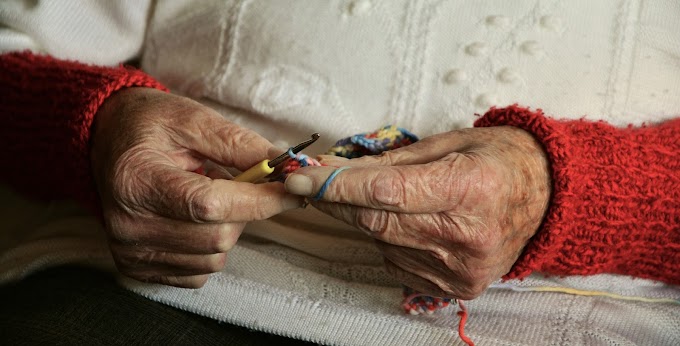MS is a chronic autoimmune disease that affects the central nervous system, causing inflammation, damage to the myelin sheath (the protective covering of nerve fibers), and potential impairment of nerve function.
While a cure for MS has not been discovered, significant progress has been made in understanding the disease, improving symptom management, and developing disease-modifying therapies (DMTs) to slow its progression.
These therapies can help reduce relapses, delay disability progression, and improve the quality of life for people with MS.
Research efforts are ongoing, exploring various areas such as immunology, genetics, neuroprotection, and repair mechanisms. Scientists are investigating potential strategies to repair damaged myelin, modulate the immune system, and halt or reverse disease progression.
Additionally, advancements in precision medicine and personalized treatment approaches may lead to more tailored therapies for individuals with MS in the future.
It's worth noting that the path to finding a cure is complex, and there are no guarantees about the timeline or certainty of success. Scientific research takes time, and clinical trials are required to ensure safety and effectiveness before new treatments are approved.
In the meantime, individuals with MS can work closely with healthcare professionals to manage their symptoms, adhere to prescribed treatments, and adopt a healthy lifestyle that supports overall well-being.
By staying informed about the latest research and participating in clinical trials, individuals with MS can contribute to advancements in treatment options and bring us closer to a cure in the future.
If you have a question or comment or any discussion, please call or send a message.
Our Address:
Hope Diagnostics and Research Laboratory
Unit-3, 34, behind Ram Mandir, Ekamra Vihar, Kharvela Nagar, Bhubaneswar, Odisha 751001
Call Us: 09238582444 / 7894132927









